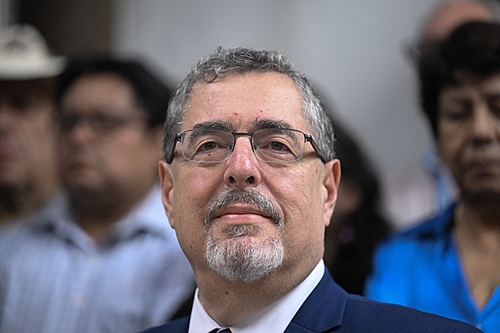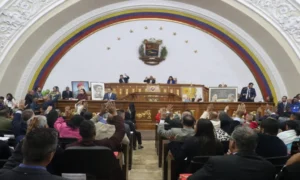
With more than 95% of the ballots counted, the Supreme Electoral Court of Guatemala (TSE) announced that Bernardo Arévalo, candidate of the Seed Movement, was the winner of the second round of the presidential elections and became president-elect of the Central American country.
Arévalo obtained just over 2.4 million votes, equivalent to 59.1% of the total. Candidate Sandra Torres, representative of the National Unity for Hope (UNE), received 1.5 million, or 36.2%, according to the electoral authority.
The victory of Arévalo and the Seed Movement is significant in a country like Guatemala, whose politics has historically been dominated by sectors of the right. The future president will succeed conservative Alejandro Giammattei of the Vamos party.
A 64-year-old sociologist, born in Montevideo (during his parents’ exile in Uruguay), Arévalo is the leader of the Seed Movement, which describes itself as an “environmental, progressive and liberal” party, although some local analysts prefer to categorize it as “social liberal”.
:: Guatemala: moderate left should elect the country’s new president this Sunday ::
The political positions of his group in Congress show similarities with the style of Chilean President Gabriel Boric: for example, he considers the governments of Nicaragua and Venezuela as dictatorships and demands from President Giammattei an official posture of condemnation of Russia and support of Ukraine, with regarding the conflict between the two countries – he even asked in court (unsuccessfully) for the cancellation of the Guatemalan State contract for the acquisition of millions of doses of the Russian anti-covid vaccine Sputnik V.
However, the party’s most controversial link is with the president of El Salvador, the controversial businessman and influencer Nayib Bukele.
In these Guatemalan elections, the Salvadoran leader did not openly express his support for any candidate, but in 2019, when the Seed Movement candidate was former public prosecutor Thelma Aldana, the main asset of the campaign were statements by Bukele in which he asked for votes. of youth and called her the “future president”.
The result brings, as a historical curiosity, the fact that the president-elect will assume, from January 2024, the position that was once held by his father: Juan José Arévalo governed Guatemala between 1945 and 1951, being known for a style of government that he himself called “spiritual socialism”, whose objective was “to liberate the individual psychologically”. He was also responsible for major health and education reforms in the country.
Source: www.brasildefato.com.br

